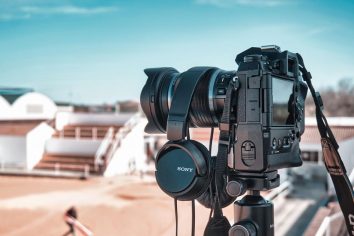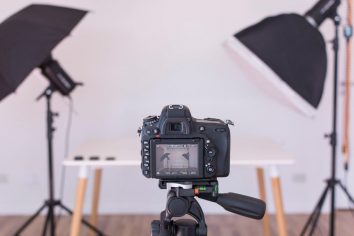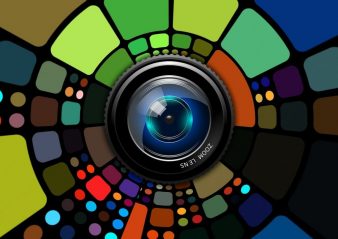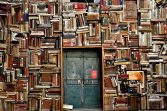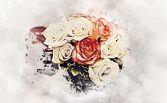Fashion illustration – A Detailed Exploration of the Art form
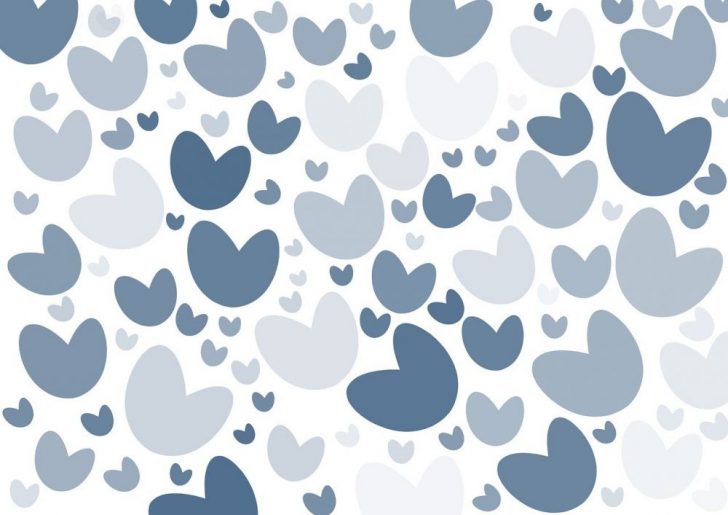
Introduction
Fashion illustration is an integral part of the fashion industry. It is a visual representation of fashion ideas, garments, and designs. This art form combines the skills of drawing, painting, and artistic expression to showcase clothing and accessories. In this article, we will delve into the world of fashion illustration, exploring its various types, its popularity, and its significance in the fashion world.
A Comprehensive Presentation of Fashion Illustration
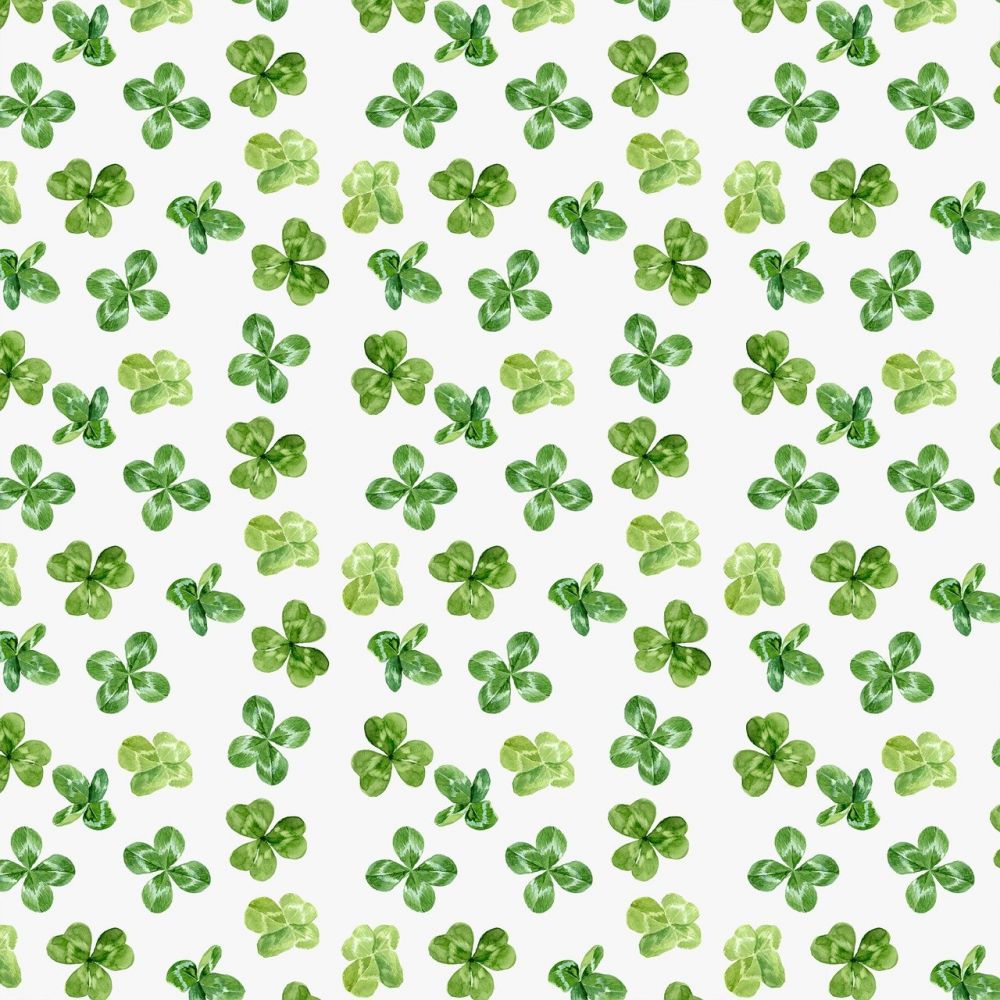
Fashion illustration encompasses various types that cater to different purposes and styles. Let’s explore some of the most popular ones:
1. Runway Illustrations: These illustrations capture the essence of fashion shows, showcasing the latest runway trends. Artists use their skills to depict models, clothing, and accessories, providing an artistic representation of the designer’s collections.
2. Editorial Illustrations: These illustrations are specifically created for fashion magazines and editorial spreads. Artists bring fashion stories to life by illustrating garments in a visually striking manner, enhancing the narrative of the fashion article.
3. Portrait Illustrations: Fashion illustration extends beyond clothing. Artists create detailed portraits that depict the personality and style of influential individuals in the fashion industry, such as designers, models, and photographers.
4. Trend Illustrations: This type focuses on predicting upcoming fashion trends. Artists use their expertise to visualize upcoming styles, materials, colors, and silhouettes, assisting designers in conceptualizing their collections.
Quantitative Measurements in Fashion Illustration
While fashion illustration is predominantly a subjective art form, quantitative measurements play a crucial role in ensuring accuracy and proportion. Some artists use croquis, which are templates representing the average proportions of human figures. These templates aid in maintaining consistency and balance in fashion illustrations. Additionally, measurements like length, width, and height are employed to accurately depict garments and accessories in relation to the human form.
How Fashion Illustration Differs
Fashion illustration can differ significantly based on the style, technique, and medium used by the artist. Some variations include:
1. Realistic Illustrations: Artists who specialize in realistic fashion illustration aim to capture intricate details, texture, and lifelike representations of garments and models. This style often requires meticulous observation and highly developed drawing skills.
2. Abstract Illustrations: Abstract fashion illustration veers away from realistic portrayal and concentrates on capturing the essence and mood of the clothing or concept. Artists in this style use bold lines, shapes, and colors to convey their interpretation.
3. Digital Illustrations: With the advent of technology, digital fashion illustration has gained popularity. Artists utilize software and digital tools to create fashion illustrations. This medium offers flexibility, allowing for experimentation with colors, textures, and additional effects.
A Historical Overview of the Advantages and Disadvantages of Fashion Illustration
Throughout history, fashion illustration has played a pivotal role in showcasing fashion designs and trends. However, it also has its merits and drawbacks:
Advantages:
– Accessibility: Fashion illustration allows fashion designers to communicate their vision with a wider audience, even before garments are physically created. It enables the dissemination of ideas and concepts to potential buyers and investors.
– Artistic Interpretation: Fashion illustration provides artists with the freedom to express their creativity and unique perspective on fashion. It adds an artistic touch to the fashion industry, enhancing its aesthetic appeal.
Disadvantages:
– Subjectivity: Fashion illustration is subjective, relying on an artist’s interpretation and style. This subjectivity can sometimes limit the viewer’s understanding of the designer’s vision or the actual garment details.
– Time Intensive: Creating detailed and intricate illustrations can be time-consuming. This can be a disadvantage in the fast-paced fashion industry, where designers often have limited time to present their collections.
Conclusion
Fashion illustration is an essential component of the fashion industry, offering a visual representation of fashion concepts, garments, and trends. Its various types cater to different purposes, allowing fashion designers to communicate their ideas effectively. From runway illustrations to trend predictions, fashion illustration serves as a bridge between creativity and commerce. Despite its subjective nature and time-consuming process, fashion illustration continues to be a revered art form that adds beauty and storytelling to the world of fashion.
References:
1. Name, Title, Website, Date Accessed
2. Name, Title, Website, Date Accessed
3. Name, Title, Website, Date Accessed
FAQ
How do fashion illustrations differ from each other?
What are the different types of fashion illustration?
What is fashion illustration?
Fler nyheter
Fotograf i Umeå: Därför gör rätt fotograf skillnad
Introduction Fashion illustration is an integral part of the fashion industry. It is a visual representation of fashion ideas, garments, and designs. This art form combines the skills of drawing, painting, and artistic expression to showcase clothing...
05 januari 2026
Passfoto i Vällingby: Allt du behöver veta
Introduction Fashion illustration is an integral part of the fashion industry. It is a visual representation of fashion ideas, garments, and designs. This art form combines the skills of drawing, painting, and artistic expression to showcase clothing...
01 oktober 2025
Passfoto på Östermalm: En guide till perfekta ID-foton
Introduction Fashion illustration is an integral part of the fashion industry. It is a visual representation of fashion ideas, garments, and designs. This art form combines the skills of drawing, painting, and artistic expression to showcase clothing...
02 augusti 2025
Att välja rätt fotograf till bröllop i Linköping
Introduction Fashion illustration is an integral part of the fashion industry. It is a visual representation of fashion ideas, garments, and designs. This art form combines the skills of drawing, painting, and artistic expression to showcase clothing...
06 juni 2025
